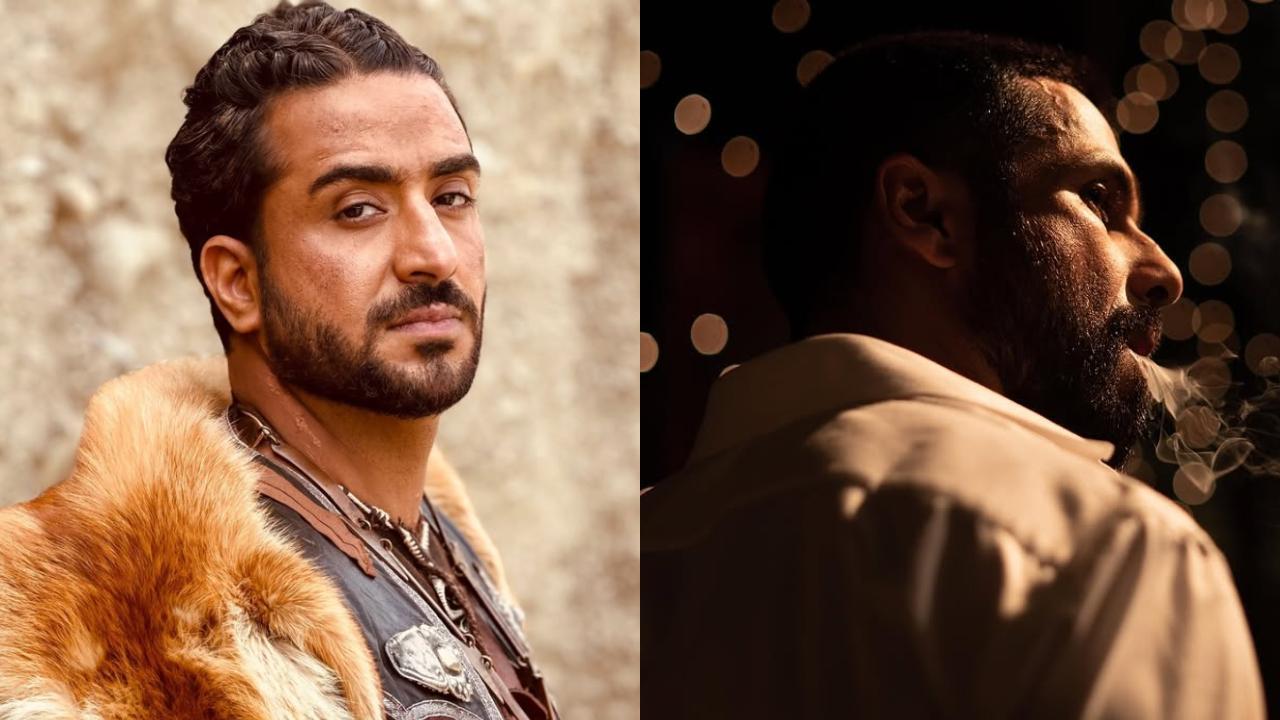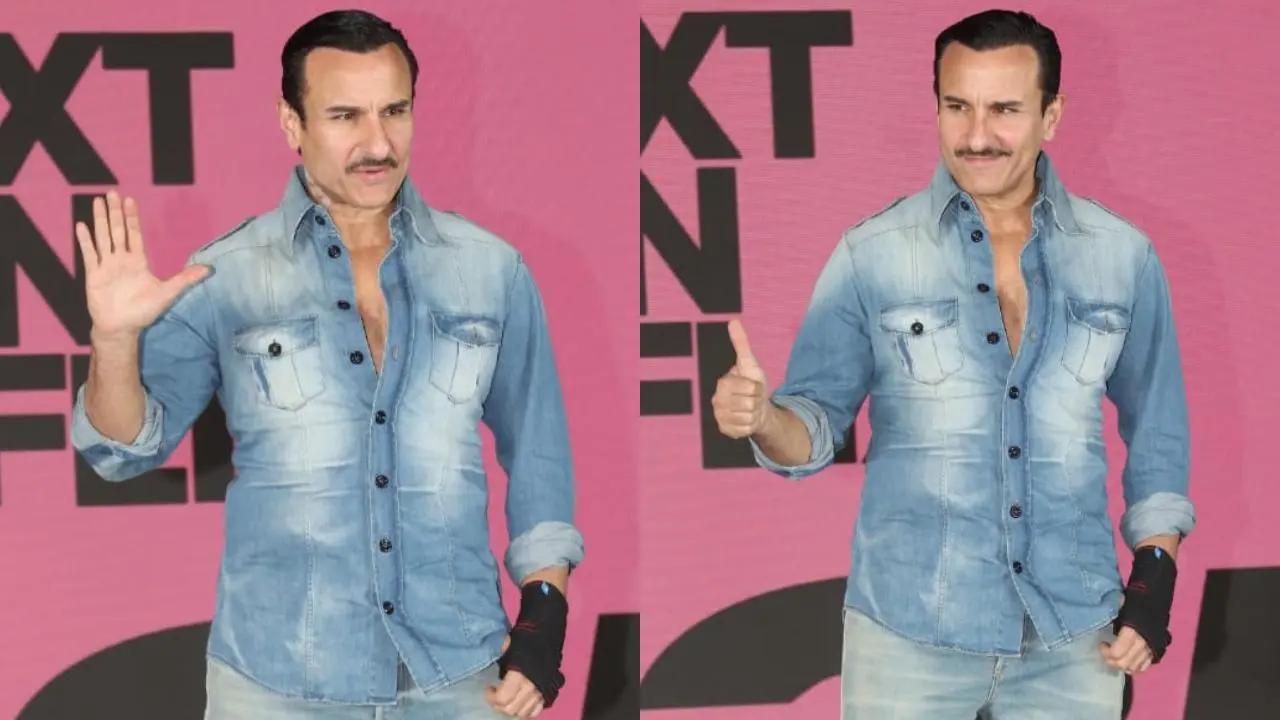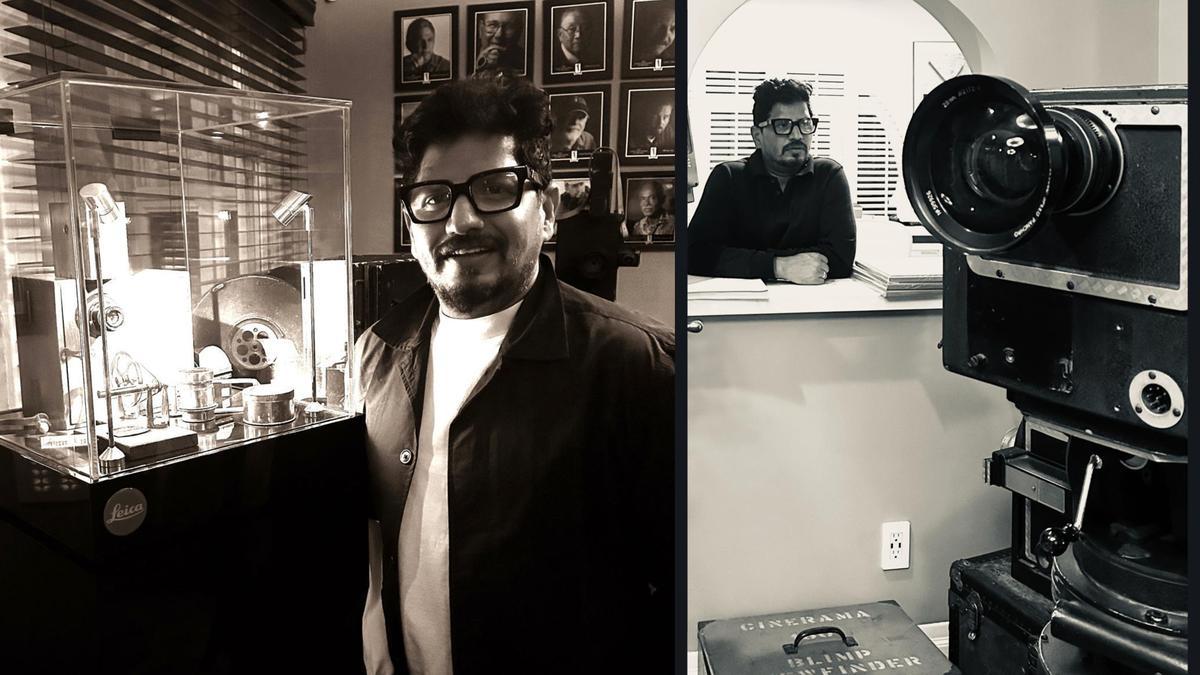
In a striking show of solidarity, more than 50 French luminaries, encompassing actors, writers, and producers, have united to publish an open essay in support of esteemed actor Gerard Depardieu. This comes as Depardieu faces intensifying scrutiny and allegations concerning his conduct towards women throughout his impressive fifty-year career. This collective defense has, however, evoked dismay from advocates supporting victims of sexual abuse.
Gerard Depardieu, a cinematic giant and cultural icon in France, was handed preliminary charges related to rape and sexual assault in 2020, lodged by actor Charlotte Arnould. Beyond Arnould’s allegations, Depardieu has faced accusations from over a dozen women alleging a range of misdeeds from harassment to groping, and up to sexual assault. Depardieu has consistently denied any wrongdoing and has described the public essay in his defense as “beautiful”.
The conservative-leaning newspaper Le Figaro published the essay on a Tuesday, and amongst the signatories were prominent figures like former first lady and noted singer Carla Bruni, Depardieu’s ex-partner Carole Bouquet, as well as actors Pierre Richard, Charlotte Rampling, and Victoria Abril. It’s notable that two dozen of the 56 signatories are women. Many hail from the same generation as the 74-year-old actor.
This collective support follows the release of a documentary by France-2, detailing the allegations of 16 women against Depardieu, which also featured unsettling footage of the actor making obscene comments and gestures during a trip to North Korea in 2018. Detractors of Depardieu called for a broadcast ban on his films following the documentary, which enshrines staples of the modern French cinema canon.
In a counter-argument, Tuesday’s essay stood firm, proclaiming, “We cannot remain silent in the face of the lynching targeting him, the torrent of hate being dumped on his personality.” It continued by highlighting the significance of Depardieu’s contribution to the arts, stating, “When Gerard Depardieu is targeted this way, it is the art (of cinema) that is being attacked,” and emphasized, “France owes him so much… Depriving ourselves of this immense actor would be a drama, a defeat. The death of the art. Our art.”
Such steadfast backing has not gone unchallenged. Paris lawmaker and feminist Raphaelle Remy-Leleu condemned the signatories as being in a “denial of reality,” expressing agitation over their lack of support for initiatives that combat sexual violence. In her response to broadcaster France-Info, Remy-Leleu questioned the signatories’ intentions, asking, “They are refusing to see what this man did … because he is an artist?”
Emmanuelle Dancourt, involved with the #MeTooMedia organization that lends support to sexual misconduct victims within the media industry, shared with BFM television that the message of the essay inflicts additional anguish on those who have suffered at the hands of powerful men.
Adding to the controversy, French President Emmanuel Macron came under fire for stating that Depardieu “makes France proud,” especially troubling to some in light of a documentary segment capturing Depardieu’s crude sexual comments directed at a young girl on horseback. Macron, however, insinuated the possibility of misleading editing in the documentary. This claim has since been discredited by France Televisions, as the raw footage in question was authenticated by a bailiff.
The support for Depardieu highlights a broader cultural and moral debate in France, encapsulating the struggle between celebrating artistic genius and confronting the MeToo era’s call for accountability. As discussions rage on following the essay’s publication, France finds itself at the crossroads of venerating its cultural heroes and upholding the dignity and rights of sexual assault survivors.










